
Julius Duboc (October 10, 1829 Hamburg - June 11, 1903) was a German author and philosopher.

Julius Duboc (October 10, 1829 Hamburg - June 11, 1903) was a German author and philosopher.
Karl Julius Duboc was the brother of the writer and painter Charles Edouard Duboc (1822 - 1910). He studied in Leipzig, Giessen, and Berlin. During his studies he became a member of the Cattia Gießen fraternity in 1849. [1] He also became a student of Ludwig Feuerbach. [2]
In his philosophical writings, Duboc propagated a form of ethically reverent atheism and defended optimism in opposition to Arthur Schopenhauer's pessimism. He critiqued Friedrich Nietzsche in his 1897 "Anti-Nietzsche" (Dresden: Helmuth Henkler). He also published historical works as well as essays and novellas. He died in Niederlößnitz in 1903 and was cremated in the Crematorium Gotha. [3]
Evolutionary monism, atheism and the doctrine that pleasure is the end of all human activity find expression in his works, which include:

Maria Anna of Bavaria was a politically active Archduchess of Austria by her marriage to Archduke Charles II of Austria. She played an important role in the Counter-Reformation in Austria.

Heinrich Dernburg was a German jurist, professor, and politician. Born in Mainz, Grand Duchy of Hesse, he was the brother of Friedrich Dernburg and the maternal grandfather of the historian Heinrich Sproemberg.

Christian Gottlieb Jöcher was a German academic, librarian and lexicographer.
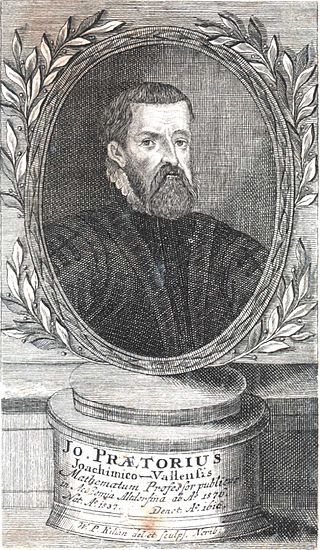
Johannes Praetorius or Johann Richter was a Bohemian German mathematician and astronomer.
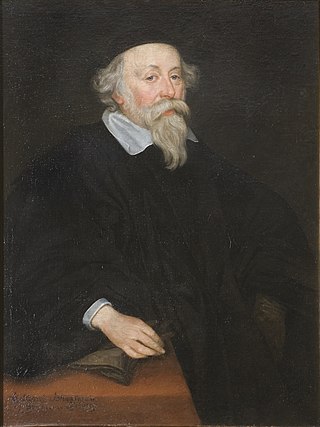
John Casimir, Count Palatine of Zweibrücken-Kleeburg was the son of John I, Count Palatine of Zweibrücken and his wife, Duchess Magdalene of Jülich-Cleves-Berg. He was married to Catherine of Sweden and was the founder of a branch of Wittelsbach Counts Palatine often called the Swedish line, because it gave rise to three subsequent kings of Sweden, but more commonly known as the Kleeburg line.

Erich Julius Adolf Bethe was a German classical philologist who was a native of Stettin.

Max Ferdinand Bahrfeldt, ennobled as von Bahrfeldt[fɔn ˈbaːɐ̯fɛlt] in 1913 was a royal Prussian General of the Infantry, a local historian, and a numismatist of world renown. In the anglophone and francophone world, however, he was also notorious as the alleged perpetrator of atrocities in Charleroi, Belgium, during the German invasion of 1914.

Heinrich Ludwig Egmont Dorn was a German conductor, composer, teacher, and journalist. He was born in Königsberg, where he studied piano, singing, and composition. Later, he studied in Berlin with Ludwig Berger, Bernhard Klein, and Carl Friedrich Zelter. His first opera, Rolands Knappen, was produced in 1826, and was a success. Around this time, he became co-editor of the Berliner allgemeine Musikzeitung.
Eckhard Jesse is a German political scientist. Born in Wurzen, Saxony, he held the chair for "political systems and political institutions" at the Technical University of Chemnitz from 1993 to 2014. Jesse is one of the best known German political scholars in the field of extremism and terrorism studies. He has also specialized in the study of German political parties and the German political system.

Ludwig Andreas Buchner was a German pharmacologist. His father was pharmacologist Johann Andreas Buchner (1783-1852).

Georg Cracow, Kraków, Cracov, Cracau or Cracovius was a German lawyer and statesman.
Christian Heinrich Postel was a German jurist, epic poet and opera librettist, who wrote 28 libretti for the Oper am Gänsemarkt in Hamburg: set by composers such as Johann Philipp Förtsch, Reinhard Keiser and Georg Philipp Telemann. His texts for a St John Passion were set by composers Christian Ritter, Johann Mattheson and Johann Sebastian Bach in their respective St John Passion.
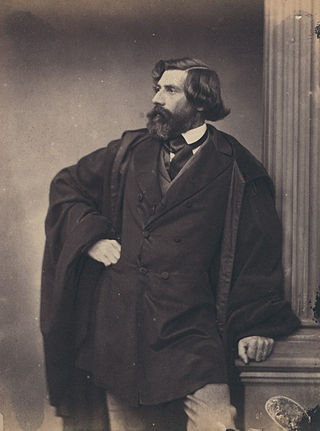
Ludwig Lange was a German architect and landscape designer.
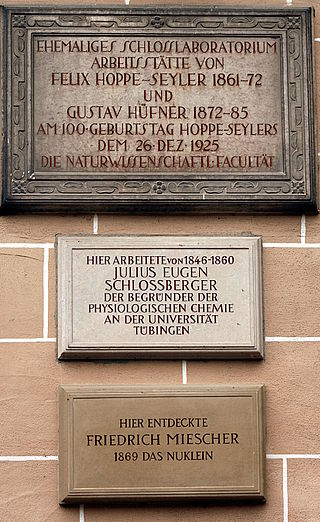
Julius Eugen Schlossberger, also spelled Julius Eugen Schloßberger, was a German physician and biochemist. He was a student of Justus von Liebig and was one of the leading physiological chemists in his lifetime.
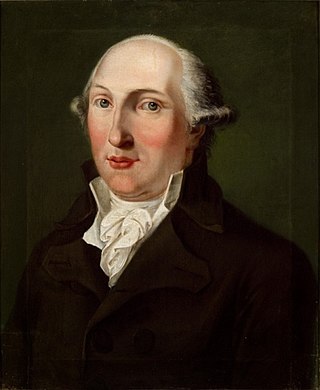
Friedrich Gedike was a German theologian, teacher and educational reformer of the late Age of Enlightenment. He was the recipient of the letters that made up the book by C. P. Moritz entitled Journeys of a German in England in 1782.

Johannes Burckhardt was a German Protestant minister, who founded an organisation for female young Protestants, and for a mission at stations, Bahnhofsmission.
Wilhelm Franz Josef Kosch was an Austrian historian of literature and theatre and lexicographer. The lexicon that he conceived and later revised several times, the Deutsches Literatur-Lexikon is a references in the field of German literature.
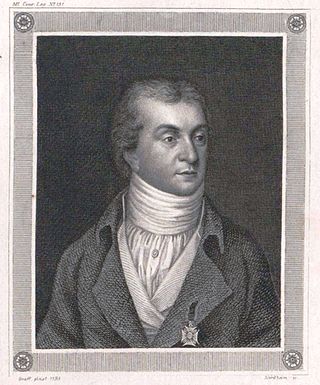
Karl Christian Ernst Graf von Bentzel-Sternau, pseud. Horatio Cocles, was a German statesman, editor and writer.
Rudolf Gerber was a German musicologist. He was professor and director of the musicology department of the University of Gießen and from 1943 professor of musicology at the University of Göttingen.

Alfred Klaar was an Austrian writer.